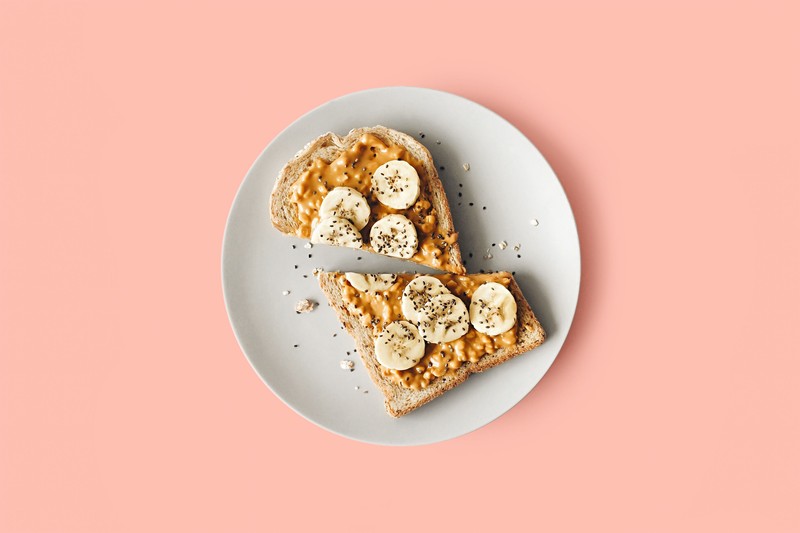
Should I Eat if I’m Hungry Late at Night?
Are you grappling with late-night hunger pangs while on a weight loss journey in St. Louis? Many believe eating at night may disrupt metabolism or harm diet efforts, but that’s not always the case. Your body knows when it needs food—hunger is how to say so. If your mornings start without an appetite, a tailored approach to eating schedules might work better than strict meal times.
Trusting internal cues over set snack times allows for more personal and effective management of your dietary needs.
Understanding Late-Night Hunger Signals
If you feel hungry late at night, it’s key to tune into your body’s signals. What did you eat during the day? Did a light lunch lead to after-dinner cravings?
Foods rich in protein might curb hunger longer than carbs do. Think about adding peanut butter to crackers instead of eating them plain. Or choose fiber-filled oats over processed cereal for slower digestion and lasting fullness. Rather than snacking on schedule every few hours, conduct self-checks with tools like mindful eating apps, which can help distinguish between true hunger and other needs such as rest or hydration.
Remember that each person has unique dietary rhythms. Some may naturally prefer smaller meals throughout their day without strictly watching the clock; this keeps blood sugar stable and mood swings at bay. Trusting yourself rather than adhering to diet rules could help you better manage evening urges, which is crucial for successful weight management programs in St. Louis or elsewhere.
The idea isn’t necessarily avoiding food after certain times but understanding why you’re reaching for snacks. Is it genuine hunger or something else entirely? If real hunger strikes before bed, opt for something satisfying yet comfortable enough so sleep won’t be disrupted.
Healthy Nighttime Snacking
Many individuals munch late at night. Eating too much before bed might raise blood sugar because our bodies aren’t great at handling food then. Melatonin messes with insulin release, which keeps that sugar in check. Over time, this isn’t good; it can harm your vessels and raise the risk for things like high pressure or type 2 diabetes.
Avoid eating three to four hours before hitting the hay; it helps prevent heartburn and other health troubles. If work means eating late is a must for you, aim to have bigger meals during morning times instead.
Strategies for Evening Cravings and Weight Loss
Understanding the root cause is key to combating evening cravings and assisting with weight loss. Hunger may strike hard at night if you’re not eating enough or choosing nutrient-dense foods throughout the day. Eat consistently. Don’t skip meals; ensure each meal includes protein and fiber for lasting fullness.
Now, think about your nightly habits. A solid routine can steer you away from mindless snacking. Try brushing your teeth post-dinner; people rarely crave food after freshening their mouths! Also, before reaching for snacks when hunger feels sudden, drink water or herbal tea instead—you might just be thirsty.
Remember: out of sight is often out of mind with tempting treats, so keep those indulgent nibbles off the pantry shelves if they tend to lure you in during late hours. Adopting healthier practices like these over time can meaningfully aid your quest towards shedding pounds without feeling deprived as nighttime looms.
If you feel hungry late at night, it’s worth asking whether you’ve eaten enough during the day. Eating a small, healthy snack may be better than ignoring your hunger and disrupting sleep. Opt for foods like Greek yogurt or a piece of fruit that can satisfy without causing discomfort.
Remember to keep portions light, as St. Louis Weight Loss Secret advises, because large meals before bed might lead to poor rest and unwanted weight gain. Remember, these St. Louis Weight Loss Secret tips are only part of maintaining long-term health and should fit within a balanced lifestyle approach.


